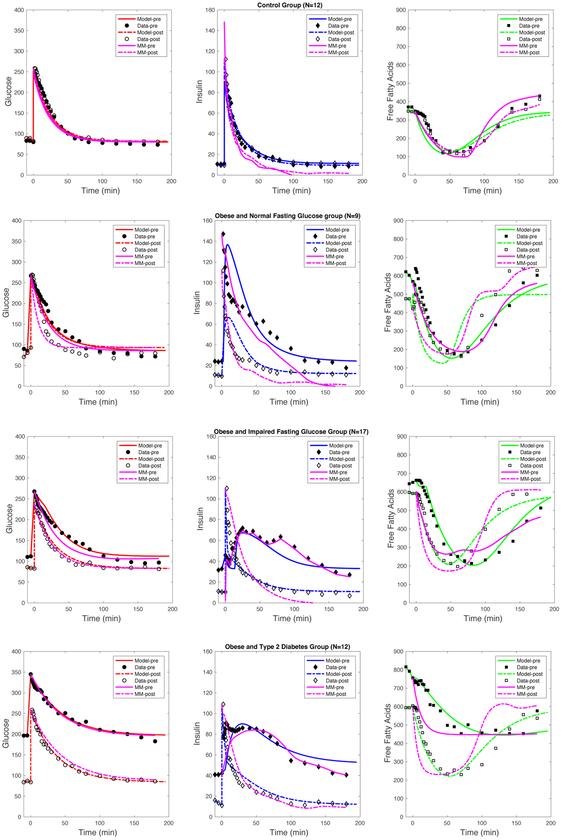
Diabetes is a chronic condition that affects millions of people worldwide. It occurs when the body is unable to properly regulate blood sugar levels, leading to high levels of glucose in the blood. The two main types of diabetes are Type 1 and Type 2, with Type 2 being the most common form. Diabetes can have serious health consequences if left untreated, including heart disease, kidney failure, nerve damage, and vision loss. That is why it is crucial for individuals at risk for diabetes to undergo regular testing to monitor their blood sugar levels and catch any potential issues early on.
Regular diabetes testing is essential for a number of reasons. First and foremost, it allows healthcare providers to monitor blood sugar levels and make necessary adjustments to treatment plans. For individuals with diabetes, this may involve adjusting medication dosages, making dietary changes, or increasing physical activity. By keeping blood sugar levels in check, individuals can reduce their risk of developing complications associated with diabetes.
Additionally, regular testing can help identify pre-diabetes, a condition in which blood sugar levels are higher than normal but not yet high enough to be classified as diabetes. Individuals with pre-diabetes are at an increased risk of developing Type 2 diabetes, but with lifestyle changes, such as improved diet and increased exercise, they may be able to prevent or delay the onset of the disease. Regular testing can help identify pre-diabetes early on, giving individuals the opportunity to make these changes and reduce their risk of developing diabetes.
Regular testing is especially important for individuals with risk factors for diabetes, such as being overweight, having a family history of diabetes, or being over the age of 45. These individuals are at a higher risk of developing diabetes and should be screened regularly to catch any potential issues early on. In addition, certain ethnic groups, such as African Americans, Hispanic Americans, and Native Americans, have a higher prevalence of diabetes and should also undergo regular testing.
There are several different tests that can be used to diagnose and monitor diabetes. The most common test is the fasting plasma glucose test, which measures blood sugar levels after fasting for at least eight hours. Another test that may be used is the oral glucose tolerance test, which measures blood sugar levels before and after consuming a sugary drink. In addition, healthcare providers may also use the A1C test, which measures average blood sugar levels over the past two to three months.
In addition to these tests, individuals may also use home glucose monitoring devices to track their blood sugar levels on a regular basis. These devices allow individuals to check their blood sugar levels throughout the day and make adjustments to their treatment plan as needed. By monitoring their blood sugar levels at home, individuals with diabetes can gain a better understanding of how their body responds to different foods, medications, and activities.
Regular diabetes testing is not only important for individuals with diabetes or pre-diabetes, but also for the general population. According to the Centers for Disease Control and Prevention (CDC), more than 30 million people in the United States have diabetes, and one in four of them are unaware of their condition. This is concerning because untreated diabetes can lead to serious health complications, such as heart disease, stroke, and kidney failure. By undergoing regular testing, individuals can catch diabetes early on and take steps to manage their condition effectively.
In conclusion, regular diabetes testing is crucial for individuals at risk for diabetes to monitor their blood sugar levels and catch any potential issues early on. By undergoing regular testing, individuals can reduce their risk of developing complications associated with diabetes, identify pre-diabetes early on, and make necessary adjustments to their treatment plan. With proper monitoring and management, individuals with diabetes can lead healthy and fulfilling lives. If you are at risk for diabetes, talk to your healthcare provider about the importance of regular testing and how you can take steps to prevent or manage this chronic condition.

















